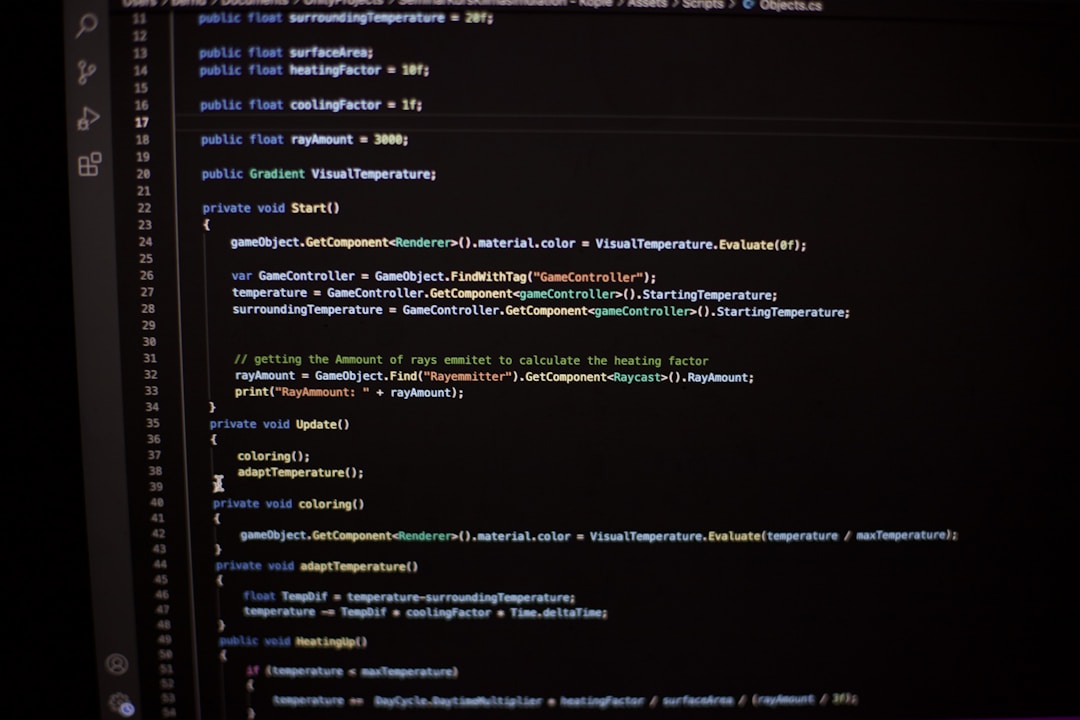
Unlocking Power: How To Extend PHP Enums for Enhanced Functionality
Enum, short for enumeration, is a powerful feature in many programming languages that allows developers to define a set of named constants. PHP, a widely used server-side scripting language, has recently introduced enums in its 8.1 release, further enhancing the language’s robustness. By understanding and utilizing PHP enums, developers can write more expressive and safer code. Exploring how to extend PHP enums can open up a world of possibilities for advanced functionality and customizations. Below, we delve into the intricacies of PHP enums and how to extend them for improved application performance and maintainability.
Understanding the Basics of PHP Enums

Before extending PHP enums, we must understand what they are and why they are beneficial. Enums help us define a set of possible values that are more user-friendly and safer than traditional constants. They act as a type-safe way of representing a fixed set of options, ensuring that variables take on only the predefined values. This can prevent a host of potential bugs associated with using inappropriate values. PHP enum extends is a sophisticated way to imbue enums with metadata, adding descriptive power that can be utilized at runtime.
The underlying value of their cases backs PHP enums, but they go beyond mere numbers or strings. They provide a scaffolding to encapsulate related constants, offering a more descriptive and error-resistant approach to dealing with fixed sets of values within your applications. Enum cases can also be type-hinted in functions and method signatures, which can lead to better autocomplete support and increased coding efficiency.
Introduced in PHP 8.1, enums empower developers to manage state better and encapsulate logic related to constants. While PHP’s implementation of enums is already robust, some scenarios may require additional functionality not provided out of the box. Understanding the core concepts behind enums is critical before we can begin to explore how to enhance and extend their capabilities.
Enumerations in PHP support both pure enums and backed enums. Pure enums do not have an underlying scalar equivalent, whereas backed enums associate each case with a string or integer value. These distinctions are important as we delve into extending enums to meet our specific coding needs and standards.
Strategies for Extending PHP Enums for Advanced Use Cases
Although enums in PHP provide a strong starting point, specific advanced requirements call for extending their capabilities. PHP does not natively support inheritance for enums, but developers can mimic extension through several strategies. Leveraging attributes to enrich enum cases can offer similar benefits to inheritance without modifying the enum class itself.
By attaching attributes to enum cases, one can define extra information or behavior that gets associated with the case values, opening the door to a wide range of applications such as validation, serialization, and display logic.
Another strategy to extend PHP enums involves using a class-like structure around the enum to add additional methods and properties. This can include static methods for creating instances from strings or integers, methods for retrieving extra data associated with enum cases, or custom functionality pertinent to the business logic of your application.
It is also possible to use compositional patterns to bundle enums with classes that handle related logic. For instance, a class responsible for processing payments might include an enum that defines the payment states, coupled with methods to perform transitions between these states. These strategies enable PHP developers to enhance enums for more advanced scenarios, thereby optimizing code efficiency and organization.
Implementing Interfaces To Enhance PHP Enum Functionality

One effective way to enhance PHP enums is by implementing interfaces. Interfaces create a standard contract that enum cases must fulfill, providing a consistent API for operations like string conversion or JSON serialization.
By using interfaces, enums become more versatile within a system’s architecture. For example, an enum for user roles can implement an interface that defines required permissions, ensuring any enum that follows it will offer necessary methods, regardless of its specific roles.
Interfaces not only ensure conformity but also enable polymorphism. Methods that accept interfaces can work with any implementing enum, making the code more adaptable and easier to extend. This approach simplifies the addition of new enum cases with minimal changes. Moreover, interfaces help abstract logic from specific enum cases. Functions can interact with enums through interface methods, promoting cleaner and more modular code by separating behavior from enum definitions.
The extension of PHP enums introduces a new layer of flexibility and sophistication to PHP applications. By thoughtfully adding interfaces, leveraging traits, and using attributes, developers unlock an array of advanced functionalities and reusable patterns that elevate code quality and efficacy. Proper testing and documentation round out the process, guaranteeing that these powerful features yield stable and scalable results.



